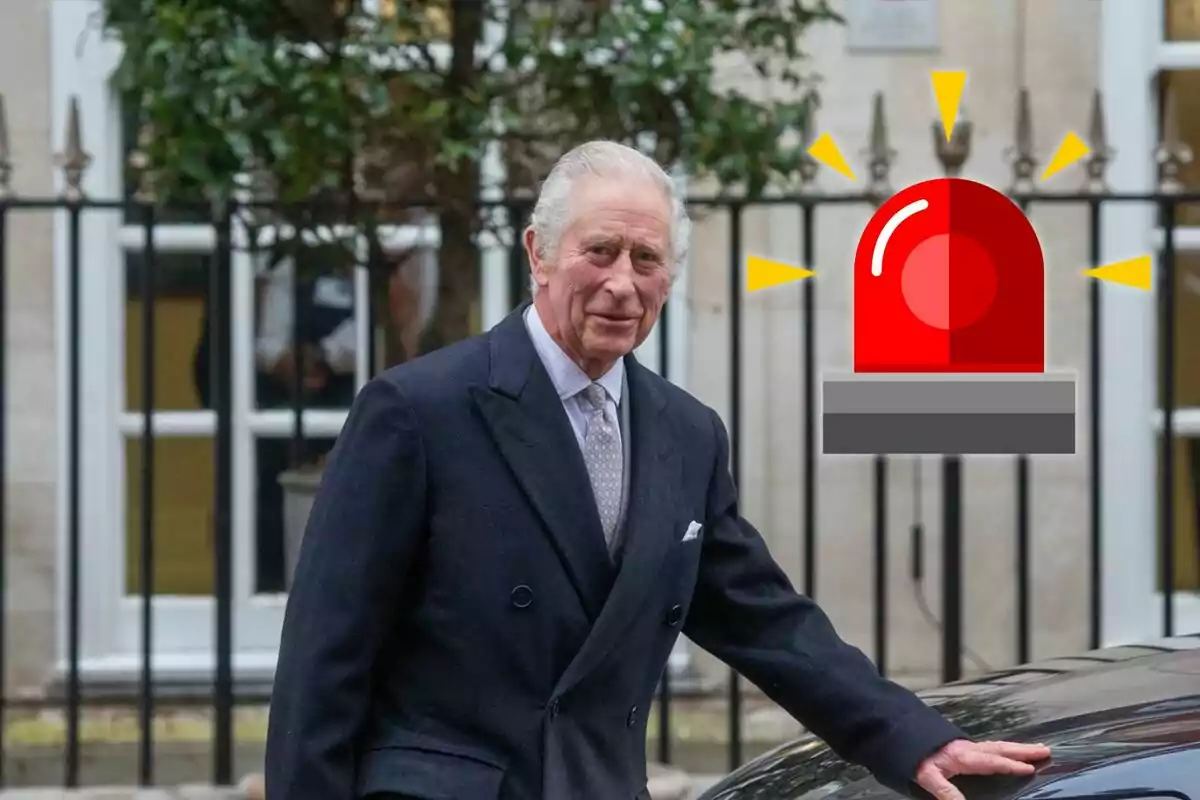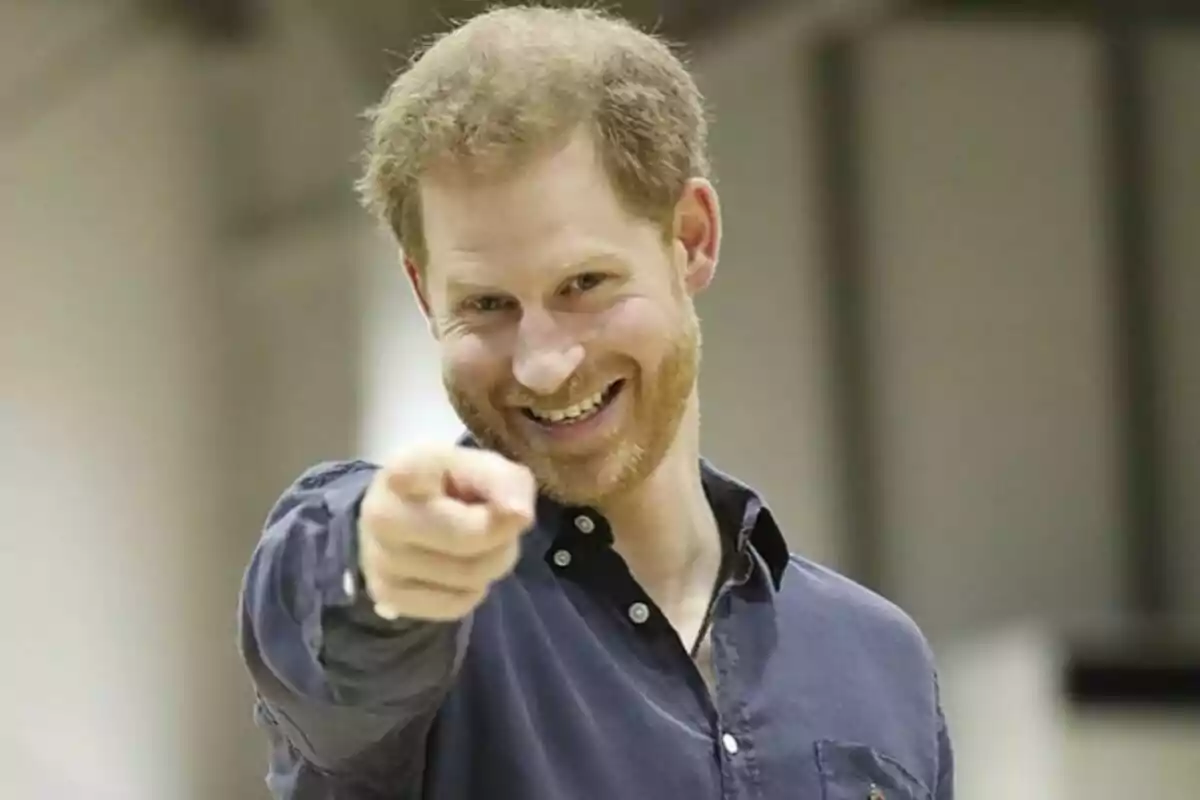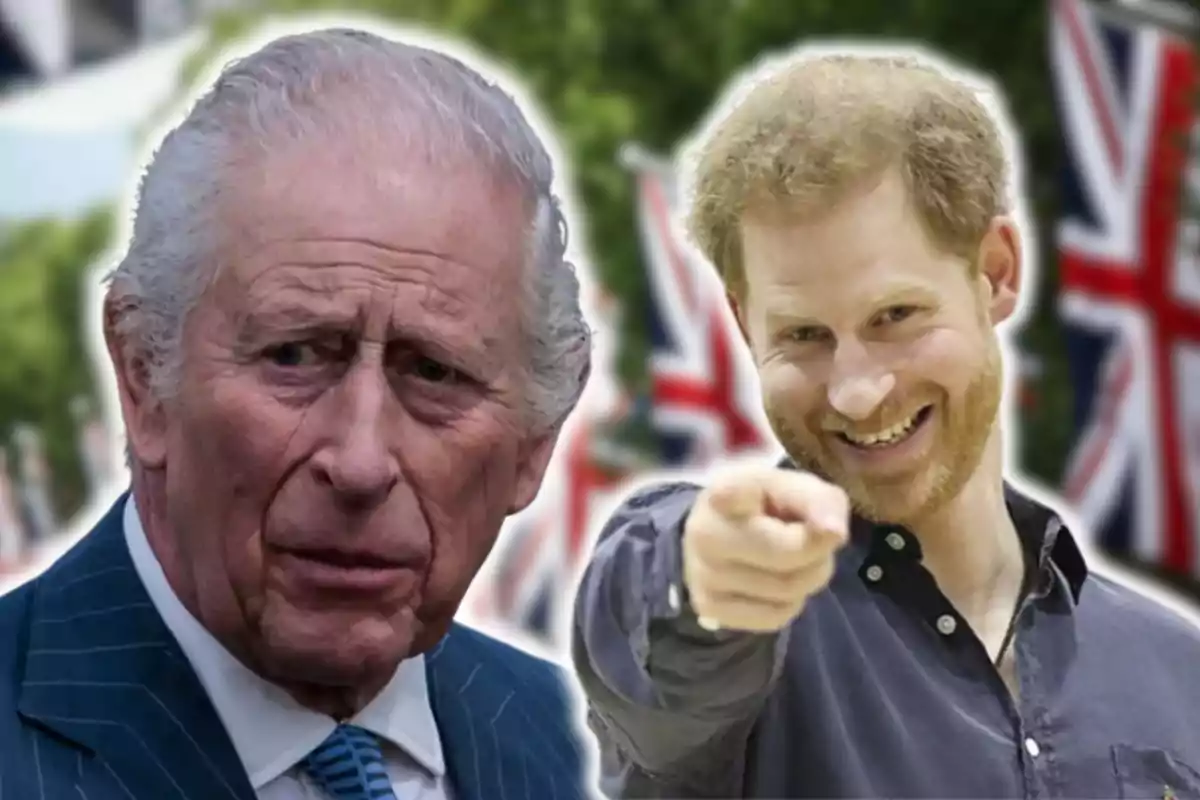The story between the Duke and Duchess of Sussex and the British royal family keeps adding increasingly tense and symbolically painful chapters. After their departure from the monarchy and their move to the United States, Harry and Meghan have tried to put distance between themselves and the institution.
However, this bond now seems to be breaking for good. King Charles III's latest decisions have had a major impact both inside and outside the United Kingdom. The signs of distancing had already been evident for months, but now they've taken concrete form in measures that directly affect the children.
a wall between Windsor and Montecito
According to various sources close to the palace, the monarch has reportedly ordered a deliberate delay in issuing British passports for Archie and Lilibet. Although there is no official statement, those close to Sussex see this as a clear maneuver to make any formal approach of the children to their father's country of origin more difficult.

Archie was born in the United Kingdom, but Lilibet was born in the United States and, so far, has never set foot on British soil. This decision further complicates their connection to the nation they descend from directly, and raises a delicate question about their status within the royal family. A family that, since Charles ascended the throne, seems to have defined new boundaries.
Charles III imposes his new monarchical model
Since the beginning of his reign, Charles III has made it clear that he intends to reduce the number of active members within the Royal House. Those who live outside the country and have given up their duties, as is the case with Harry and Meghan, have automatically been left out of the obligations... and the privileges.

In this context, not officially recognizing Archie and Lilibet as members connected to the institution would be consistent with that "functional monarchy" strategy the king wants to implement. This is a structure focused only on members who keep an active and in-person dedication to royal duties.
is the Spencer surname a symbol of rupture?
In this situation, sources close to Sussex claim that Meghan and Harry are considering an alternative that would mark a complete shift: having their children take the Spencer surname. This would be a highly symbolic gesture, as it would be a direct tribute to Prince Harry's mother, the late Princess Diana.
Giving up the Mountbatten-Windsor surname and adopting Spencer would mean officially breaking with the traditional noble structure of the British royal family. But at the same time, it would be a way to preserve their family legacy through another path, separate from the king's decisions.
a measure that reopens wounds
The possibility that Harry and Meghan's children not only remain outside the core of the monarchy, but also lose the right to their legal identity as British citizens, has reopened the debate about the extent of the monarch's power and the way the crown's legacy is managed.
Charles III, who was once seen as a possible bridge between the past and modernity, is now being criticized for drawing a cold and definitive line even with his own grandchildren. This is a decision that many interpret not as institutional, but as personal.
the revelation that has shocked the United Kingdom
The most shocking aspect of this turn is not just the symbolic exclusion of Archie and Lilibet from the royal family. What has made the news explode across all British media is that, according to leaked sources from the palace, Charles III has decided that his grandchildren will not receive any noble title, neither now nor in the future, making it clear that they will never be treated as princes or active members of the British royalty.
This is a measure that breaks with generations of tradition, and makes it clear that, for Charles III, the crown is for those who stay. Not for those who leave.

